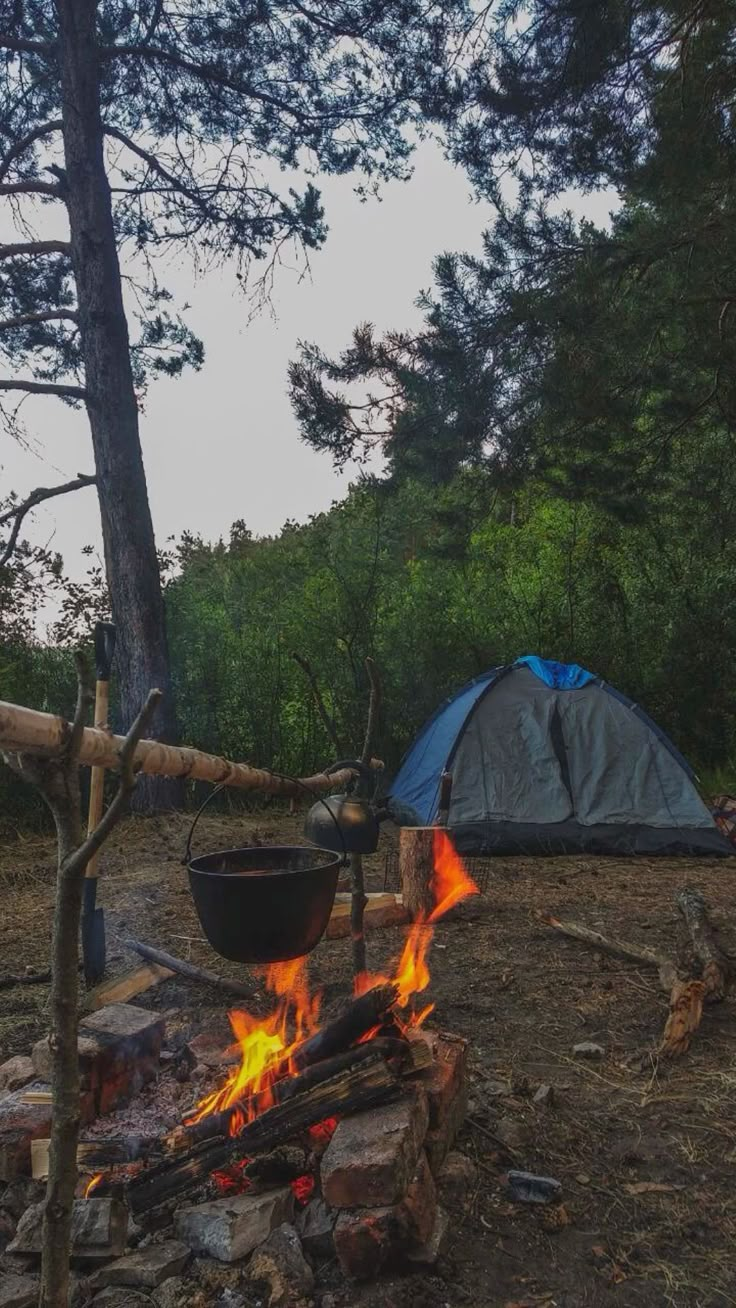The True Value of a Knife in the Outdoors
A camping knife is your most loyal companion in the wilderness. Whether lighting a fire, preparing food, cutting rope, or performing small repairs, your knife is always at hand.
However, the outdoors can be a harsh environment for a blade moisture, dirt, resin, and even weather conditions can damage steel.
Proper care is therefore essential to maintain your knife’s performance and safety.
1. Cleaning: The First Step After Returning from Nature
At the end of each day in the wild, always clean your knife. Water, soil, or food residues can gradually harm the steel.
-
Use clean water and a soft cloth.
-
Remove grease or oil residues with alcohol.
-
Don’t skip drying especially at the junction between the handle and the blade.
Tip: If you’re in a humid environment while camping, you can gently warm your knife near the fire to dry it, but never expose it directly to flames.
2. Oiling: Protect Against Rust in the Wild
The biggest risk for handmade or carbon steel knives is oxidation. After camping, especially in damp or rainy conditions, protect the steel with a thin layer of oil.
-
Use mineral oil or specialized knife maintenance oil.
-
Less is more a thin film is enough.
This simple step greatly reduces rust formation and extends the blade’s lifespan.
3. Proper Storage: Guard Against Environmental Effects
The best way to protect your knife while camping is proper storage.
-
Avoid storing the knife in a damp sheath. Leather sheaths can retain moisture and accelerate rust.
-
If you won’t use the knife for an extended period, store it in a dry, ventilated place.
-
When carrying in your backpack, ensure the tip does not touch other equipment.
4. Maintaining Sharpness: Timely Attention
Even in the wilderness, it’s possible to keep your knife sharp. Carry a small whetstone or sharpening rod. Minor maintenance prevents major repairs. Remember: a dull knife is not only ineffective but also dangerous.
5. Beware of Sap, Resin, and Organic Residues
When cutting wood, resin or plant residues can stick to the steel. Over time, these residues can dull the blade and cause oxidation. After camping, wipe them off with an alcohol based cloth and apply protective oil to the surface.
6. Extra Care for Handmade Knives
Handcrafted knives are like works of art. To ensure they remain functional in the wild for years:
-
Avoid damaging the handle.
-
Apply natural oil to wooden handles periodically.
-
Do not subject the steel to hard impacts or unnecessary bending.
Each handmade knife has its own character; the care you give directly reflects its performance.
Conclusion: A Loyal Companion in the Outdoors
The secret to using a knife in the wilderness for many years is, as the masters say, “care as much as you use it.” At Çakıroğlu Knives, we aim for every knife to be not just durable but a lifelong companion. With the right care, this journey is possible.




